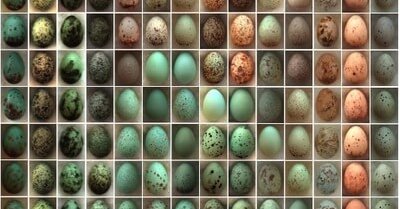Tag: dualism
Shams and Shame
In the book, Mark Twain and the Art of the Tall Tale, Henry Wonham quotes Twain as saying, “the moral responsibility of the American humorist is ‘the deriding of shams, the exposure of pretentious falsities,’ and ‘the laughing of stupid superstitions out of existence.’” Thus, he said, “the humorist is the natural enemy of royalties, nobilities, privileges, and all kindred swindles, and is the natural friend of human rights and liberties.” Twain offered high praise Read More



